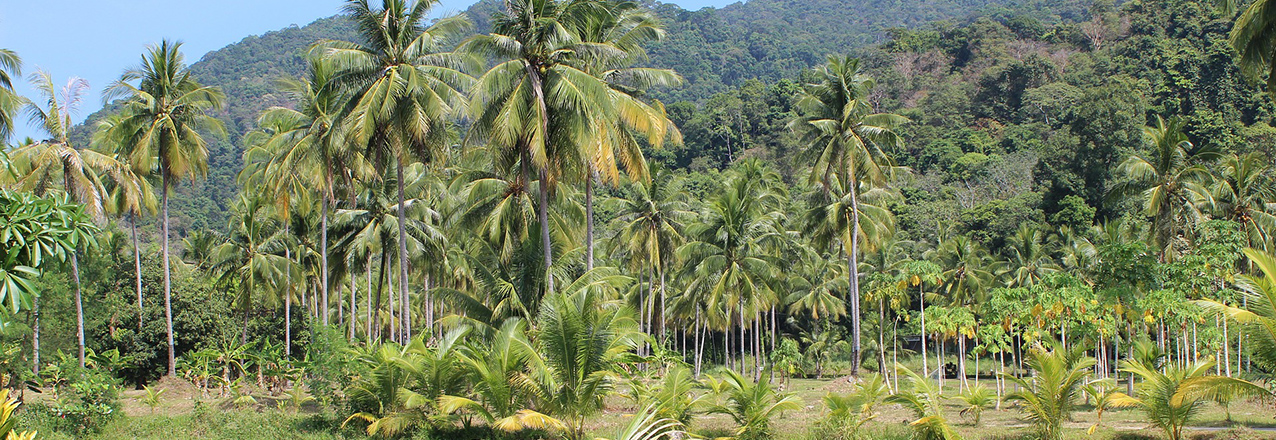Originally appeared in Columbia University’s State of the Planet blog.
Next week, the Paris Climate Agreement will enter into force. It is hard to overstate the importance of this historic agreement and its potential impact on combating global warming and reducing emissions. Our efforts to address a rapidly changing climate will require progress on many fronts, from clean energy to land-use planning. Next week, the Columbia Center on Sustainable Investment’s International Investment Conference will highlight the implications of the Paris Agreement on one of those fronts: land and resource governance—an issue that is increasingly important to USAID’s work.
Climate change is a destabilizing force that touches all sectors of society, whether agriculture, forestry, infrastructure, energy, water or health. The inherently intertwined and complex nature of climate change impacts means that strong institutions, laws and policies are critical to ensuring that these impacts don’t impinge on the rights of local populations. Key among these institutions, laws and policies are those that deal with land and resource governance …
Read the full post on the State of the Planet blog.


